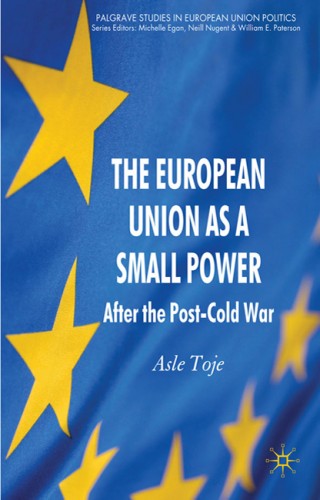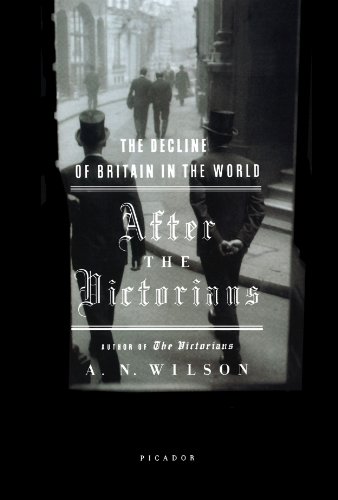In 2005, Chinese banks began a series of reforms to bring their practices gradually into line with Western standards. .. The question is whether Chinese banks are reformable. The subject may appear technical, but it lies at the heart of the Communist system.
The central government needs better-managed banks that can finance rational activities, because if the banks went bankrupt and the investors lost their money, the Party would collapse. But if banks functioned rationally, they would no longer be at the beck and call of the local Party bosses to whom no bank can currently refuse a loan. The loans prop up unproductive local firms that provide jobs and perks. Without the loans, the cadres would lose their influence and public-sector jobs would dry up. Students would suffer, too: banks would stop giving them loans, knowing that they would never return the money. As things stand, they dare not ask these future cadres to honor their debts. Reforming the banking system is thus fraught with danger. There could be a student revolt, thousands of loss-making enterprises could close down, and the local bosses could become toothless.
How will the Party reconcile these conflicting pulls and pressures? Will it be able to avoid bankruptcy by adopting more rational policies, and at the same time guarantee social stability by maintaining the local chiefs’ power to grant loans? Who will be hit first: local cadres, students, the new unemployed, or the financial system? Chinese leaders and foreign investors keep their fingers crossed.
- Guy Sorman, The Empire of Lies (2006)



